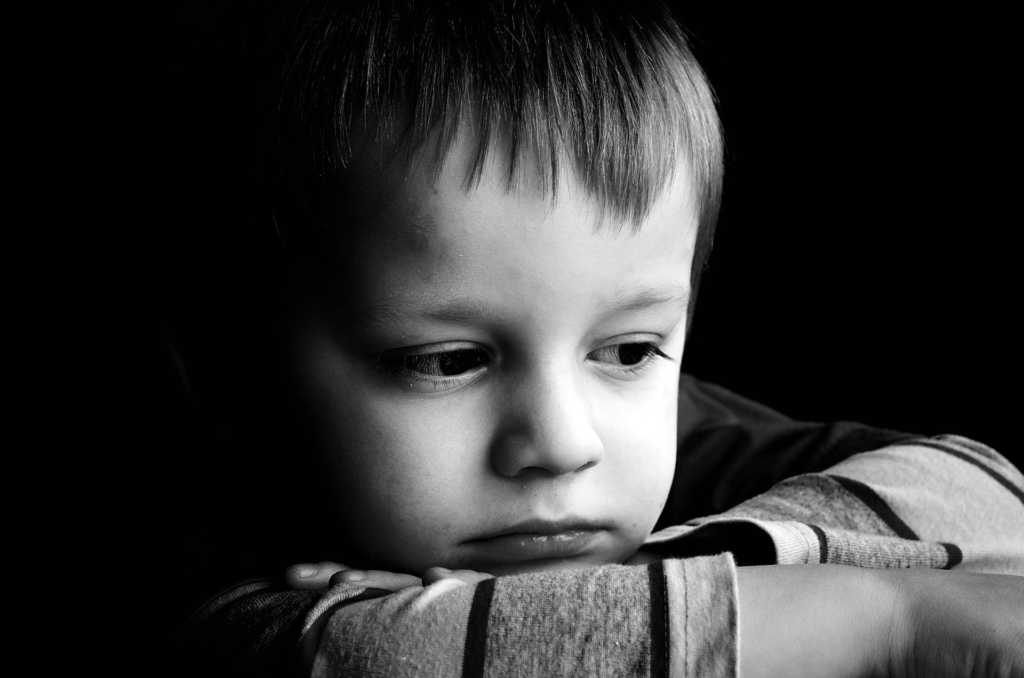It is well-known that children pick up on much more than we realize. In the busyness and chaos of family life, it can be easy to lose your temper, become irritable, or even snap completely at your partner – but we must remember, the long-term effects of such behavior upon your children can be extraordinarily detrimental. That is the conclusion reached by the BBC in a new article citing several different pieces of research on the effect of parental discord on their children.
“What happens at home really does affect children’s long-term mental health and development,” the BBC noted “From as young as six months, children exposed to conflict may have increased heart rates and stress hormone responses.”
But the effects of an unstable home can become much more severe for young and impressionable children.
“Infants, children and adolescents can show signs of disrupted early brain development, sleep disturbance, anxiety, depression, conduct disorder and other serious problems as a result of living with severe or chronic inter-parental conflict,” the reported noted.
When thinking of “nature vs. nurture,” many suggest that problems of mental health are largely genetic – and in many respects, they are right. Those with a family history of depression and other mental health disorders are more likely to suffer from them as they grow up.
With that being said, a negative home environment can “nurture” the child in a detrimental and damaging way, leaving a long-term impact.
“Increasingly, it is thought that underlying genetic risks for poor mental health can be made worse – or better – by family life,” the BBC noted.
Of course, disagreements between carers or parents are to be expected. However, researchers discovered that it is the frequency and intensity of full-blown arguments that inflict lasting damage on offspring. Plus, if the row is about the child, they are more likely to develop a complex in which they believe animosity between parents is always their fault.
The effects of emotionally adverse childhood experiences can be profound. As the BBC noted, symptoms of such an upbringing can include, “anxiety and conduct problems for primary school children, and depression and academic problems and other serious issues, such as self-harm, for older children and adolescents.”
The Bible gives us plenty of sound advice for raising a family in health and goodness. Think of the fruits of the spirit; love, joy, peace, patience, kindness, goodness, faithfulness, gentleness, and self-control. If we actively pursue these and express them toward both our spouse and children, we cannot go too far wrong!
Indeed, while it has been known for some years that incidents of domestic violence between a couple can have a devastating effect on children who are present, it is becoming increasingly clear that when parents “become withdrawn, or express low levels of warmth for each other,” the child’s “emotional, behavioral and social development is also put at risk, according to the US National Library of Medicine.
Just think of Ephesians 4:2: “Be completely humble and gentle; be patient, bearing with one another in love.” This is an utterly revolutionary commandment for married couples. Treating each other with respect, kindness, gentleness and grace is so important. Being “quick to listen, slow to speak and slow to become angry” (James 1:19) will help you thrive in your marriage, and thus will establish an environment of peace and stability for your child as they grow.
The BBC noted the generational aspect of this issue. Simply put, if a child an unhealthy relationship dynamic between their parents, they are likely to adopt this behavior themselves as they grow into adulthood. Set a wonderful, loving and grace-filled example for your children, and you will witness staggering, long-term benefits on their lives.
1 Corinthians 13:4-5: “Love is patient, love is kind. It does not envy, it does not boast, it is not proud. It does not dishonor others, it is not self-seeking, it is not easily angered, it keeps no record of wrongs.”
(H/T: BBC)



